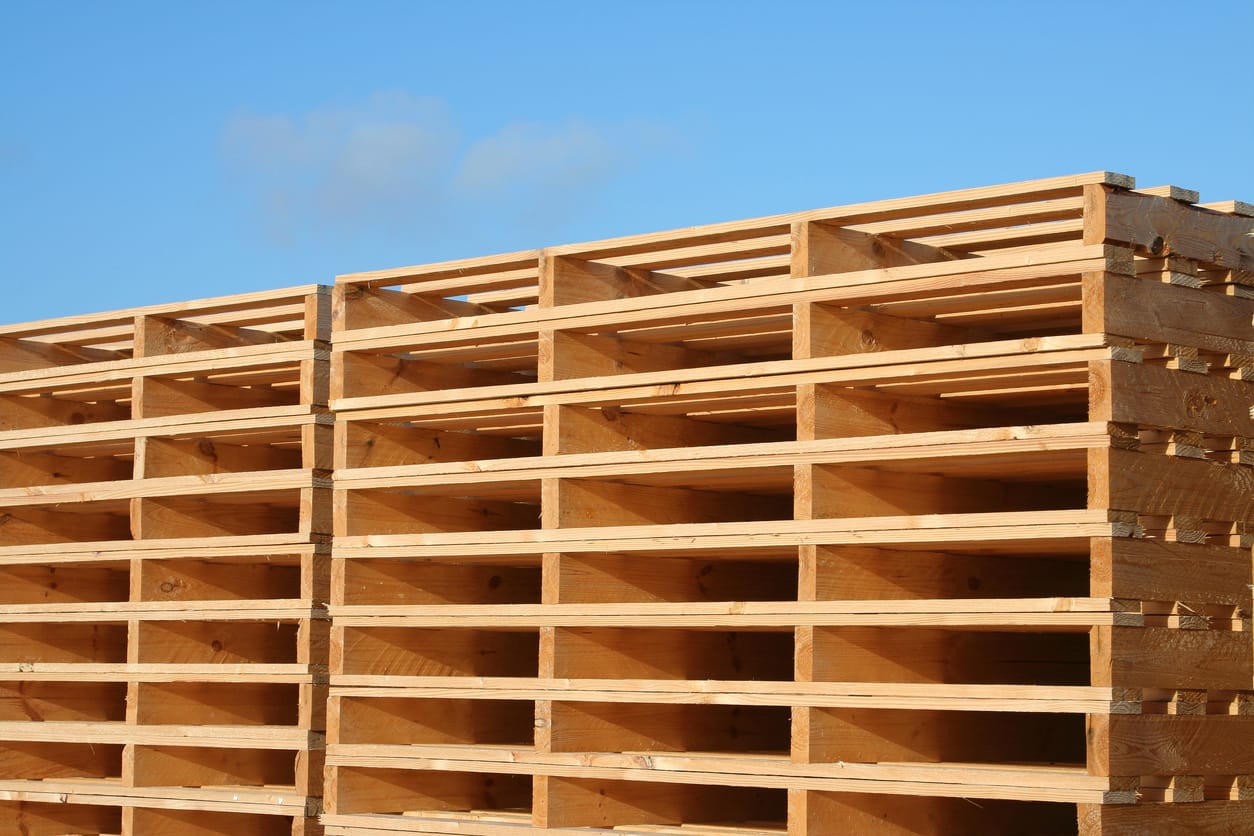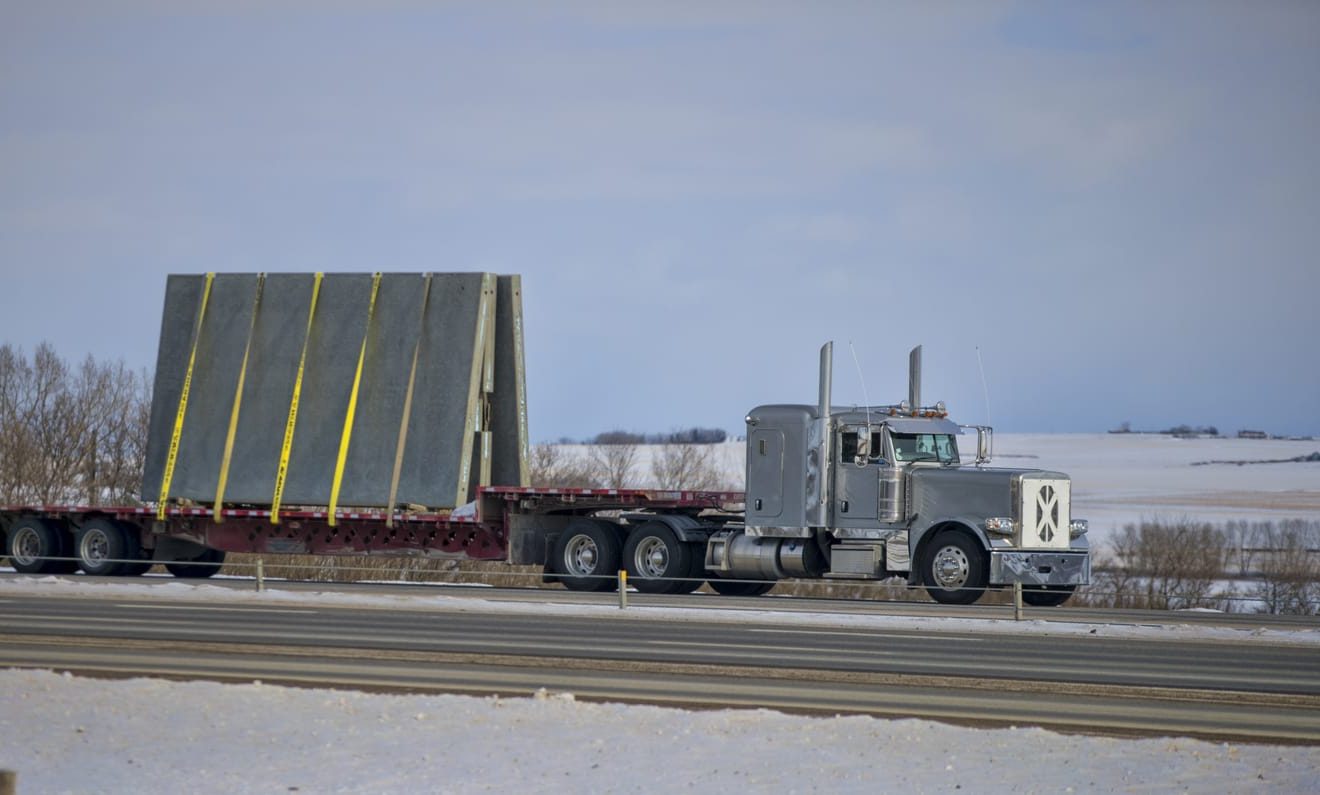Pallets are used for the shipping of goods. These pallets help consolidate goods, in the process, saving space, time and money. So, a great option for many businesses. Pallets have been upgraded over the years to enhance durability and usability. It is also worth noting that these pallets are used in specific industries for shipping.
Many business owners use pallets to ship their goods. However, despite the large number of businesses that utilize pallets for the shipping of their cargo, only a few understand pallet sizes and dimensions.
Even though the knowledge of pallet sizes is low, it still does not mean that there are no standards. We can’t deny that pallet sizes vary globally. Hence, it is vital to be aware of their varying sizes.
In this article, we will look at the standard sizes and dimensions of pallets. Let’s begin.
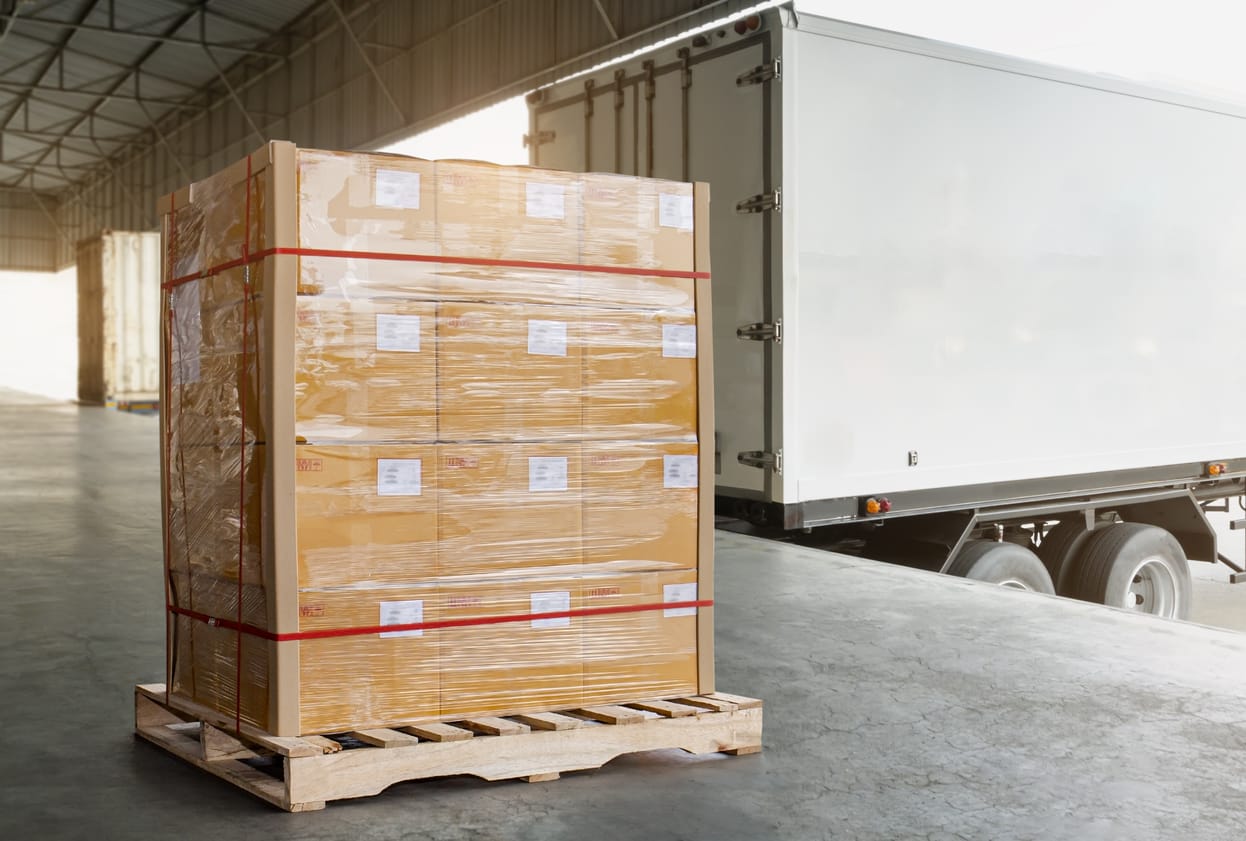
We have mentioned earlier that standard pallet sizes vary globally. So, there are a few standard sizes of a pallet. When we talk about the average size, we do not refer to the weight of the pallet. Instead, we refer to the dimension.
The most common pallet size is 48″ x 48″. This size is used across a large majority of warehouses globally. So, this is the standard. However, you can also expect to get other pallet sizes. These different pallet sizes are also recognizable in the shipping industry, including 42″ x 42″ and 48″ x 40″.
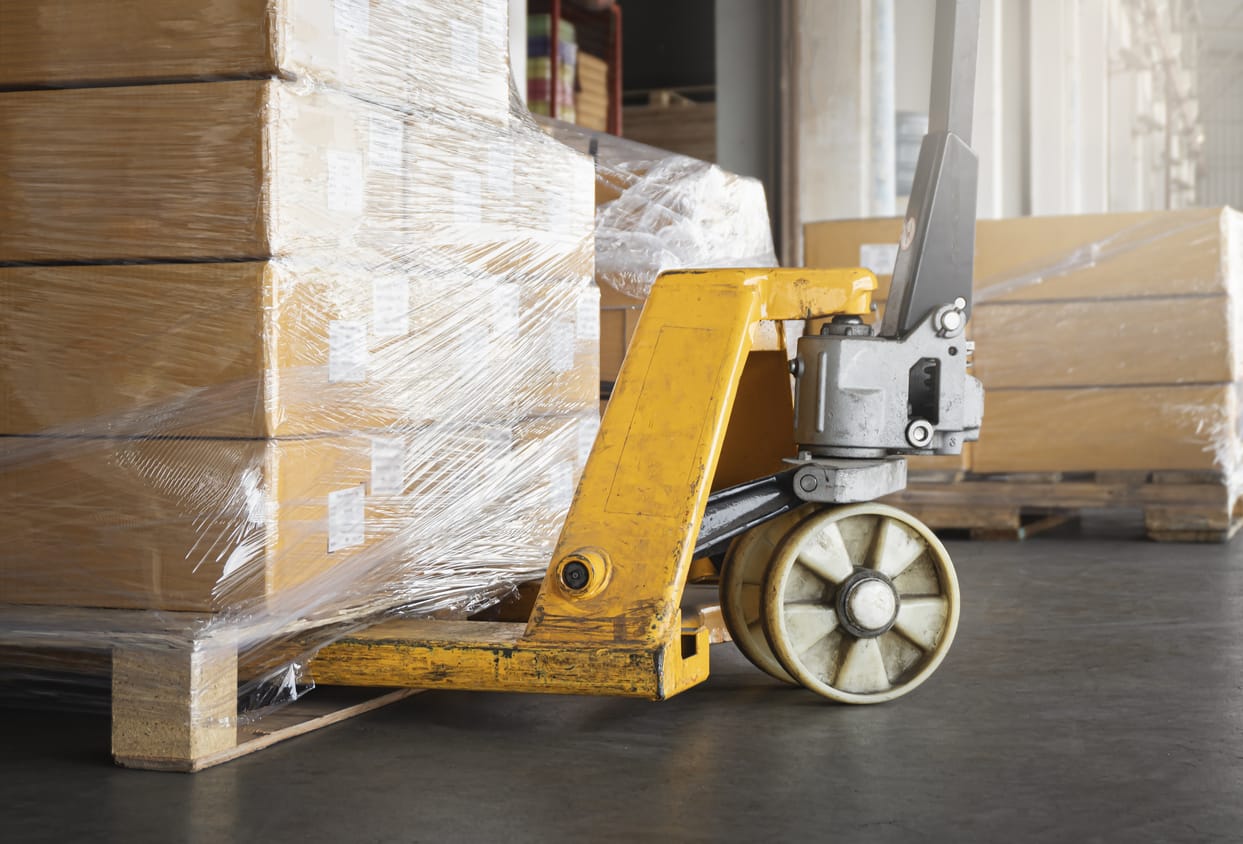
Numerous industries use standard pallet sizes. These industries include chemicals, groceries, automotive, etc.
The average pallet size, 48″ x 48″, is most commonly used in the chemical industries, and it aids in the shipping and storage of drums. 42″ x 42″ was originally designed for the US military. However, it is now used for the transportation of paint and coating. This size is also used in telecommunications.
The automotive industry uses 48″ x 45″, while beverage companies ship their drinks with 36″ x 36″ pallets. Other sizes include 54″ x 44″ and 44″ x 56″. These two sizes are always together. The former size is used for the transportation of glass, while the latter is for anything in cans.
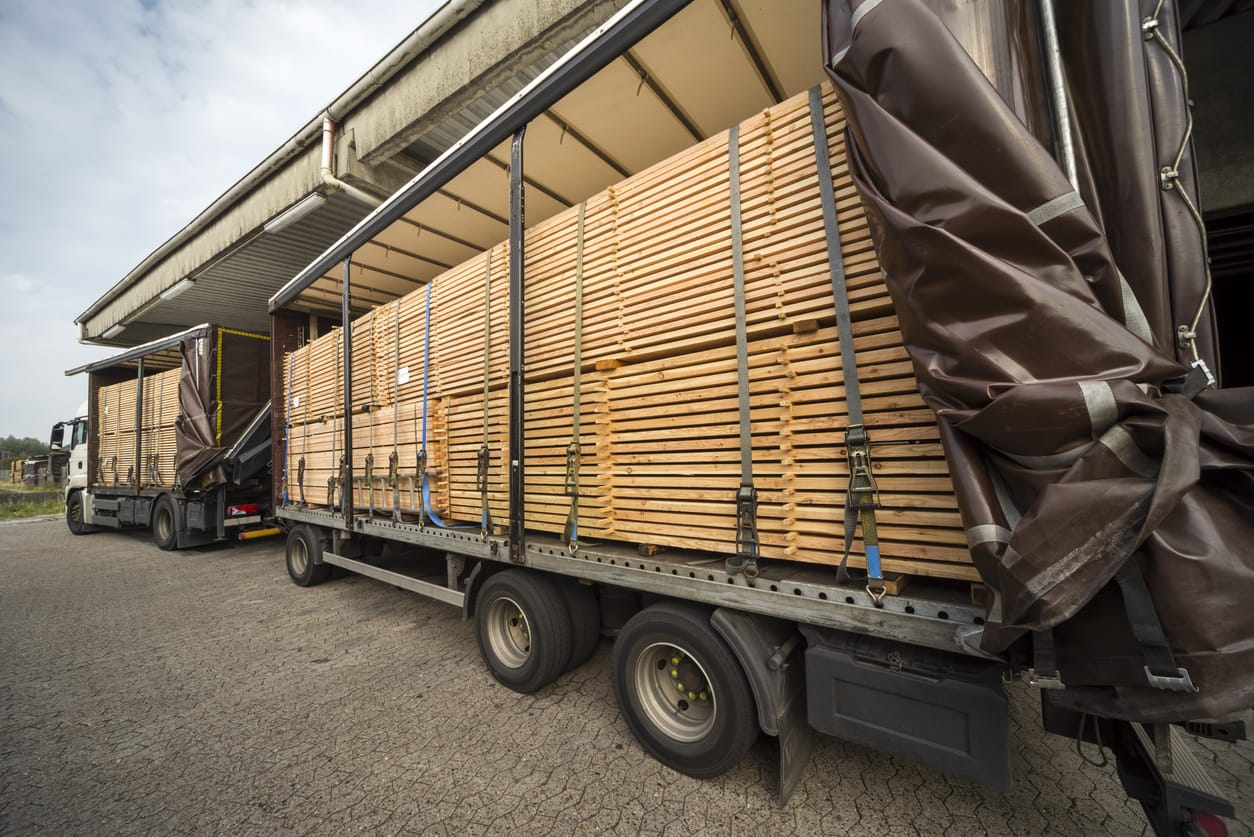
A properly sized pallet can load goods as heavy as 4600 pounds. Properly sized pallet here refers to a 48″ x 40″ pallet with ⅝” wood thickness.
The height of a standard pallet is 4½ inches. This height can be broken down into 3½ inches for the stringers and ½ inches for the top and bottom deck board.
Although we know these dimensions, we cannot calculate the standard capacity for a pallet as it depends on different factors. Some of the factors that determine the capacity of a pallet include the block or stringer and the number of blocks or stringers that make up the pallet.
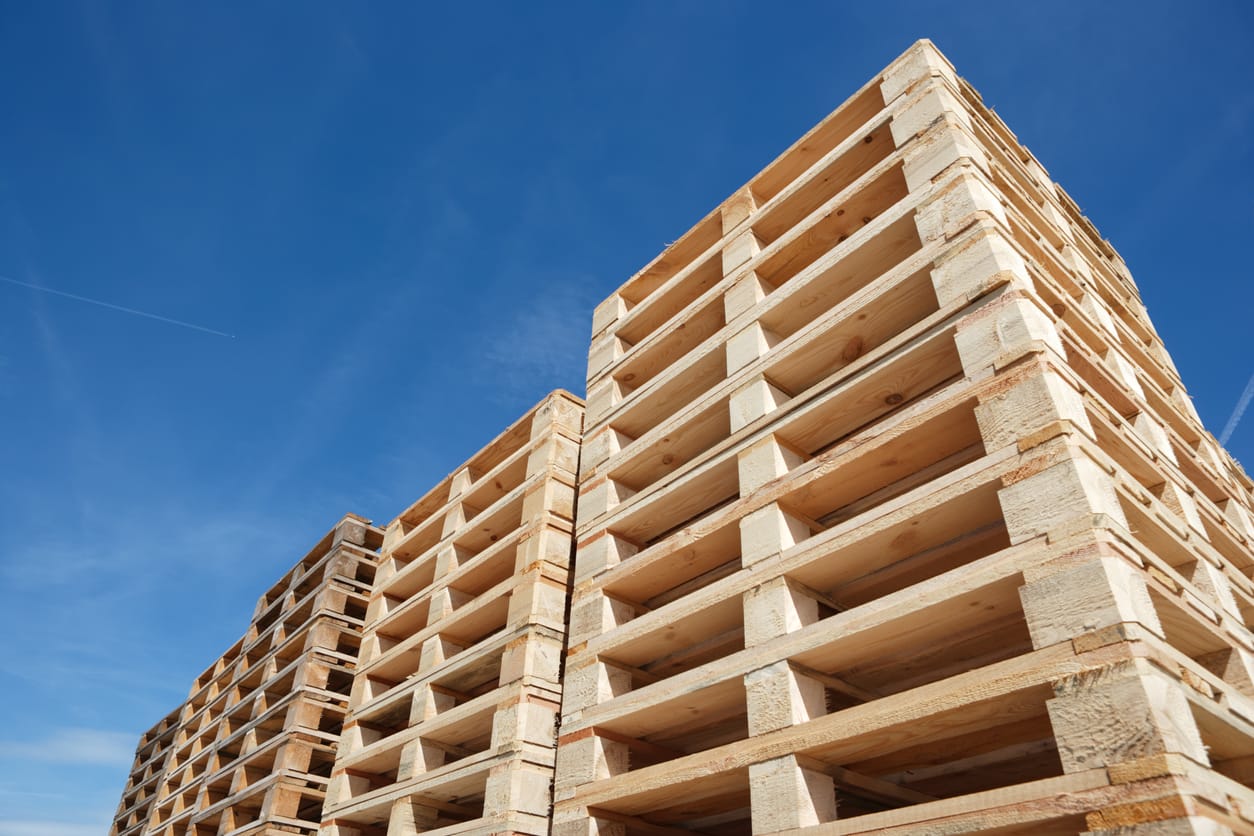
Just like varying factors contribute to the capacity of goods that can go on a pallet, so do varying factors determine how many pallets can fit on a truck. So, the size of the truck determines the number of pallets. There is also a standard way to calculate the truckload.
To calculate the truckload of pallets, let’s factor in the standard truck size. The standard truck sizes for pallet shipping are 53-foot and 48-foot trucks. The 53-inches truck can load 26 single-stacked pallets or 52-double-stacked pallets. While the 48-foot truck can carry 24 single-stacked and 48 double-stacked pallets. Bear in mind that this is the standard and more or less could fit into the truck.
If you were to calculate for a 16-foot truck—arguably the smallest pallets truck size—then we would have an estimate of 6 single-stacked pallets and 12-double-stacked pallets.

Due to their utility, pallets are the best option when shipping large quantities of goods. It helps minimize expenses and space. However, knowing the benefits of pallet shipping is only one step. Hence, it is advised for business owners to get familiar with the dimensions and sizes of pallets. Another important thing is to find the best pallet shipping company to handle all your needs. Whether you have pallets stacked up and ready to ship or you’re still stuck calculating the sizes that would suit your goods, SAC Freight Team can help you. Reach out to the team by calling (866) 452-3657 for a free quote.
